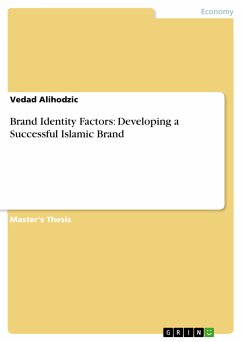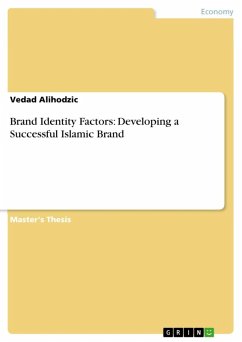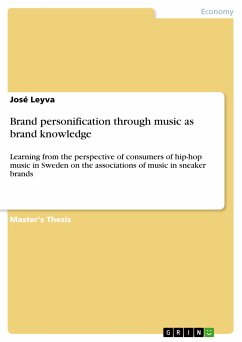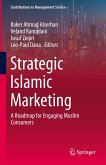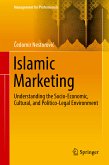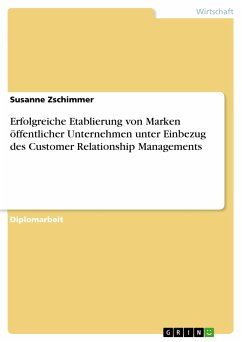Master's Thesis from the year 2012 in the subject Business economics - Offline Marketing and Online Marketing, grade: Distinction (D3), Edinburgh Napier University, language: English, abstract: The market for Islam-compliant products is getting highly important, due to the high impact of religious obligation on Muslim consumer behaviour. No research is conducted on the question on how to create brand identity from a Muslim perspective in order to attract Muslim consumers. Therefore, this research aims to find a set of brand identity factors which can be used to create brands which are perceived as Islamic. Based on relevant literature, eight factors were found to be relevant. This set of brand identity factors is verified through a mixed research approach. Interviews with experts on Islamic branding help to understand these brand identity factors from an expert point of view, whereas a survey verifies brand identity factors from a consumer perspective. Findings show that the tangible factor “Halal certificate” is the most important factor to perceive a brand as Islamic. Additionally, brand logo and brand name influence consumers’ perceptions. Intangible factors, such as brand values, brand origin and brand relationship, are also found to be important. Findings also show that testimonials and brand slogan are not highly important. Based on these findings, the Muslim Brand Identity Model has been developed which can be used to balance brand identity factors in order to create a successful brand. It can be recommended to brand managers, consultancies and advertising agencies to ensure that the brand is strictly following Islamic standards and regulations in order to be successfully perceived as Islamic.

